
Oklear
Reading Learning Cards & App

SathSath offers a solution to a local problem bound to economic, social and environmental stakes with the implementation of a community of farmers and consumers in Bangalore and with the development of digital and graphic supports around this one.
Community Supported Agriculture is a system by which people purchase a share from a local organic farm and periodically receive vegetables and other agricultural products throughout the farming season.
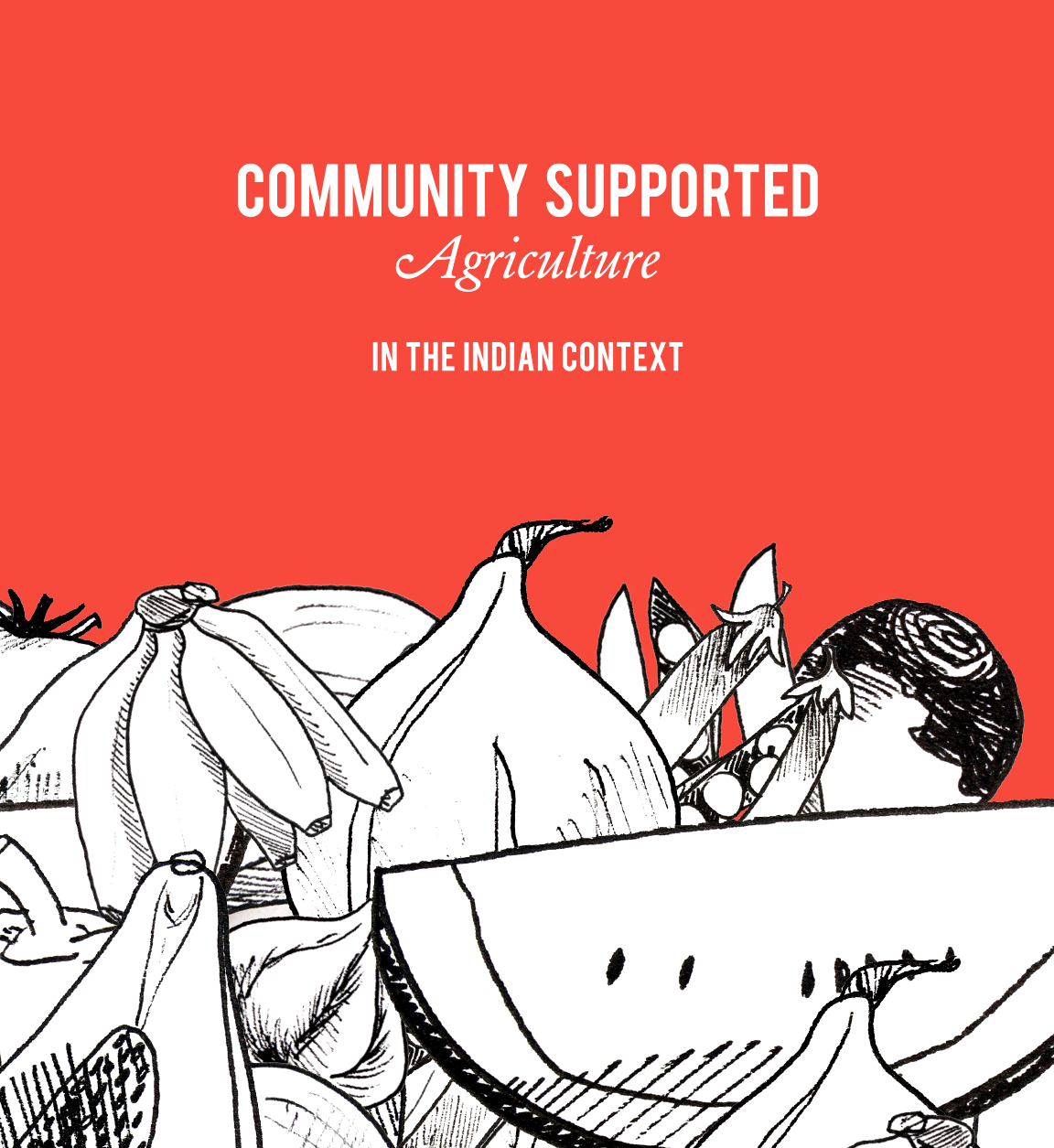
This paper focus in understanding what are the cultural conditions when Community Supported Agriculture can work in Bangalore, India.
The exploration provides a brief overview of the cultural and historical implications of agriculture in India and its issues today, embedded with political implications.
It aims to find out the whys and wherefores of the assumed benefits of organic farming, and its repercussion on consumers, farmers and the environment. It explores the close relationship of this alternative method of agriculture to Indian traditions, and to what extent this concept can be valid in a hungry world.
Finally, the functioning of a CSA system in general and specifically in India was examined in the study, which concludes by showing Bangalore is an innovative, receptive ground to organic and social initiatives.
The research methods conducted during the study involved primary sources such as field observation and immersion, questionnaires, recorded interviews with professionals and local people. I had informal discussions and participated in collective brainstorming. Online research and literature reviews were also take or consulted as secondary sources.
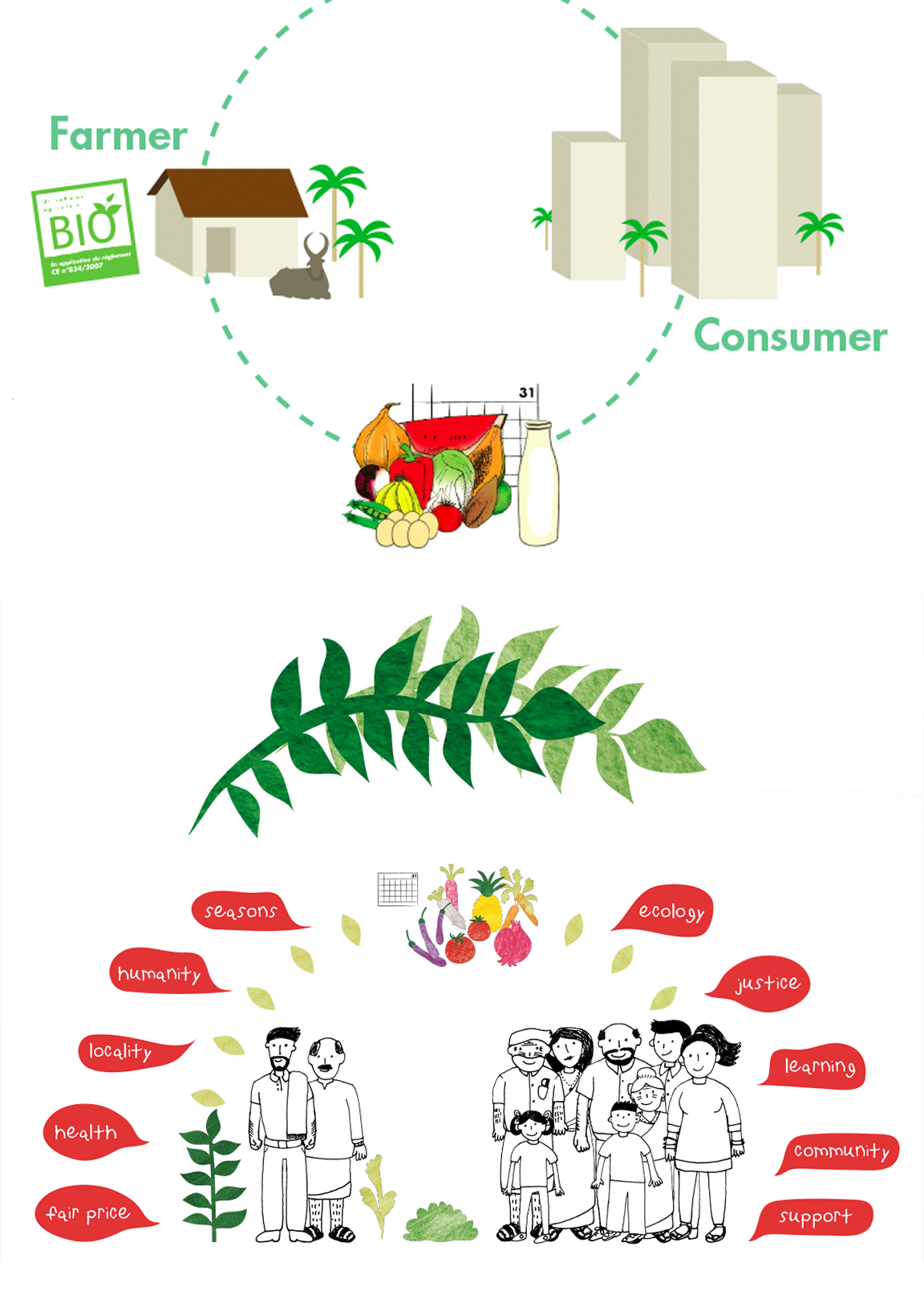
Understand the cultural aspects when CSA can work in Bangalore.
Mostly low social background/Priceless traditional knowledge/Hard workers/Despised, do a "dirty" job/Don't get help from the Government/Depend on money lenders/Lack exclusive market/Wish to have more consumers awareness/Lack formation & information.
Active/Follows trends/High incomes/Educated/Aware about health issues & pesticides/Want their children to eat more healthy/Looks for authentic taste/Wish to support local economy/Wants to spend less time shopping.
The first concept's objective, Organik.in, is to create the need and demand for CSA projects in Bangalore by rising awareness about the health and environmental benefits of organic consumption, and create a community of like minded-people in a first stage.
The second concept, Nam’ma Bhumi ( «Our Land» in Kanada, Karnataka local language) reduce the stress of the young people by providing them fresh vegetable and sparing them from shopping. It introduces them the concept of slow food while improving their diet habits.
Taja is the concept I will develop in a third stage. I will design an identity, posters, the cart and of the system of the CSA. I also want to make a partnership with a local private hospital to finance the project.
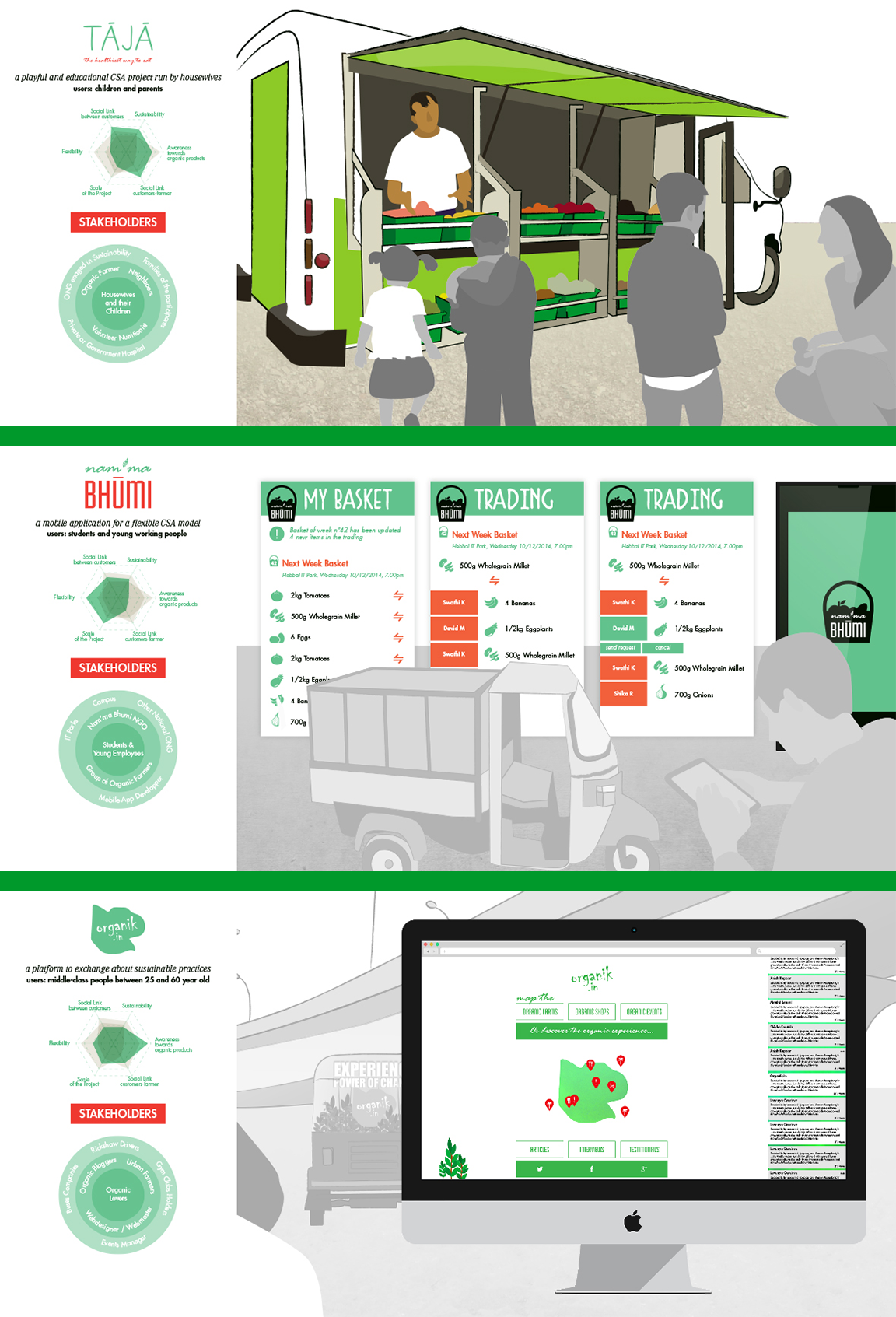
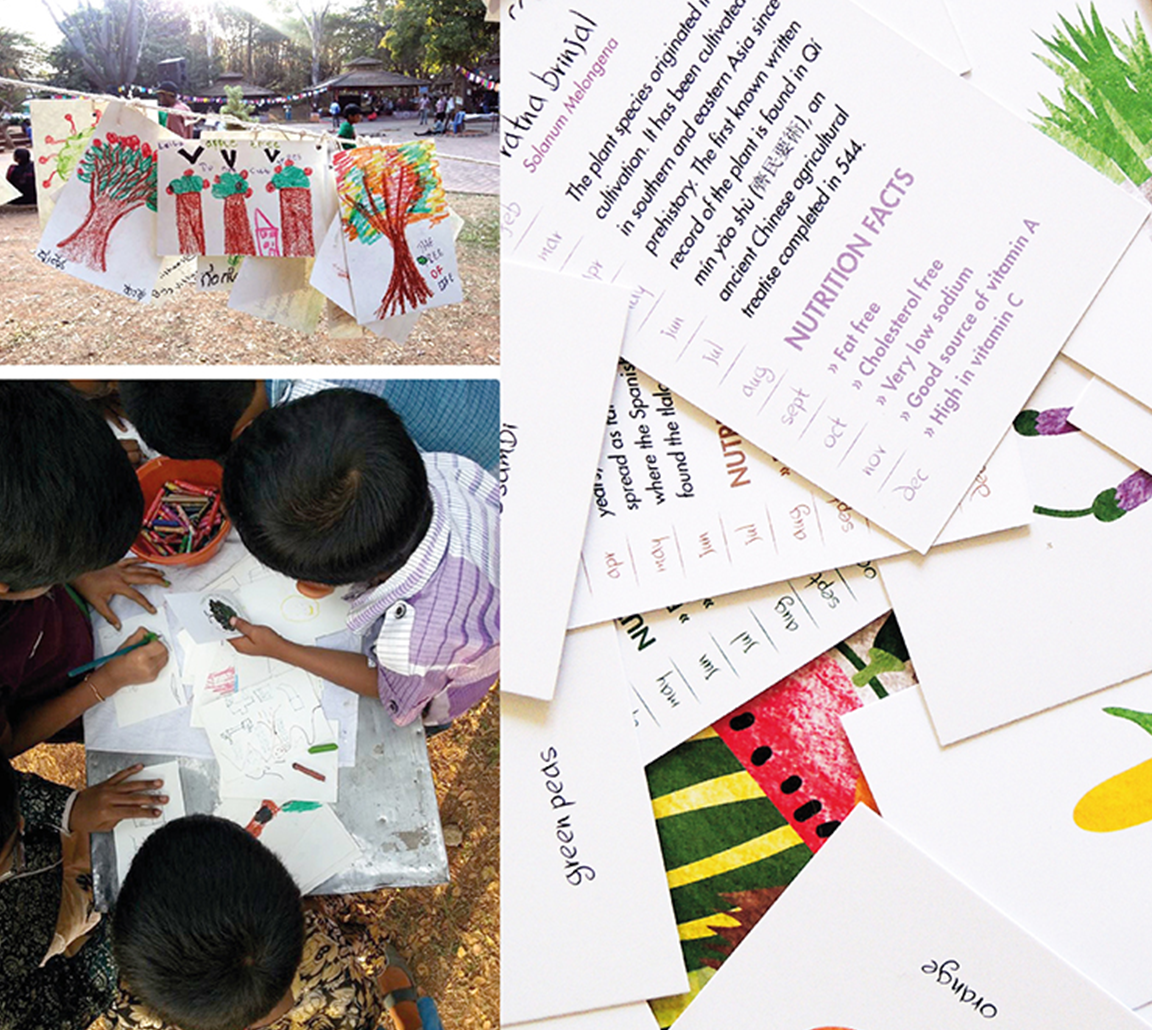
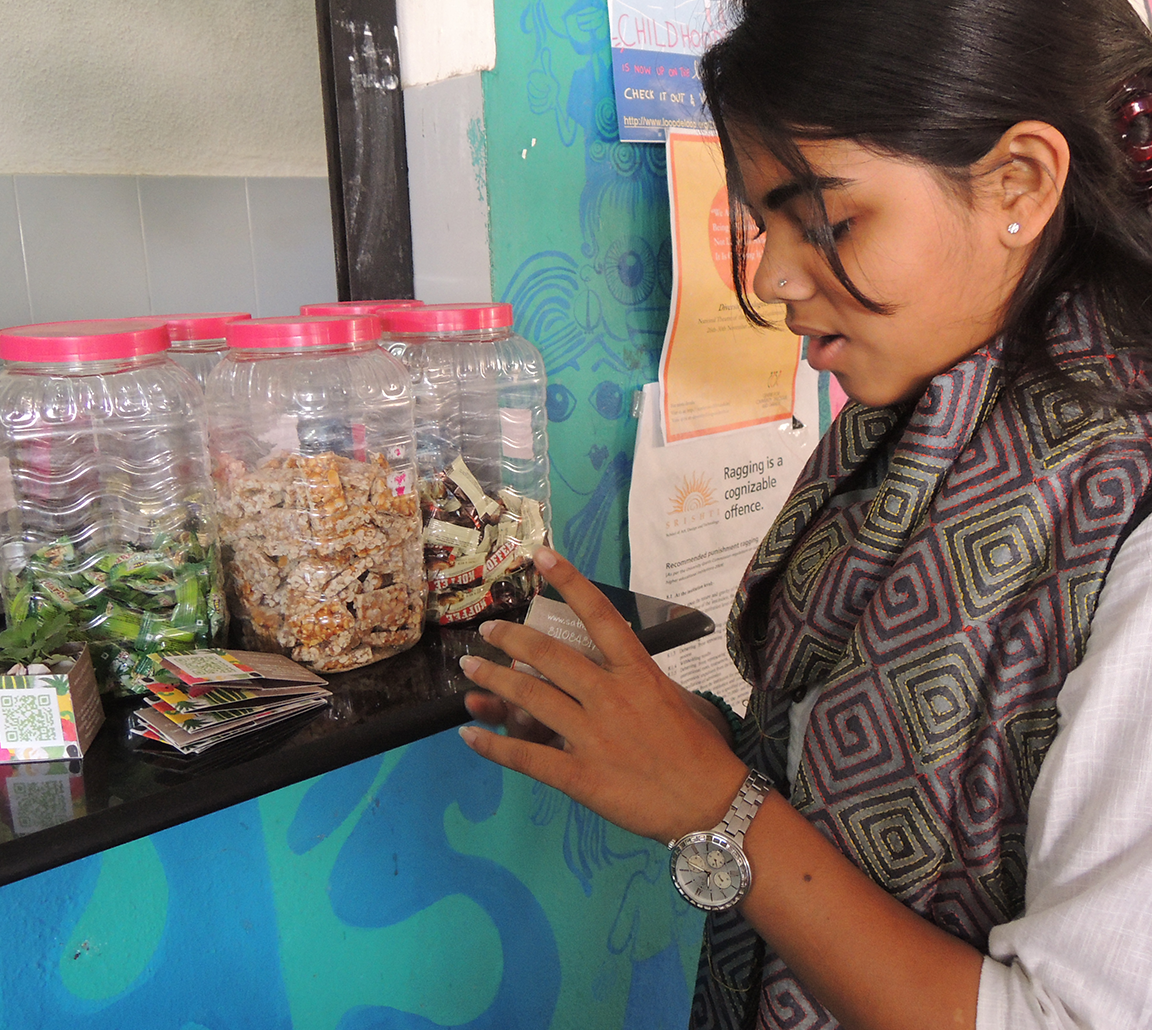
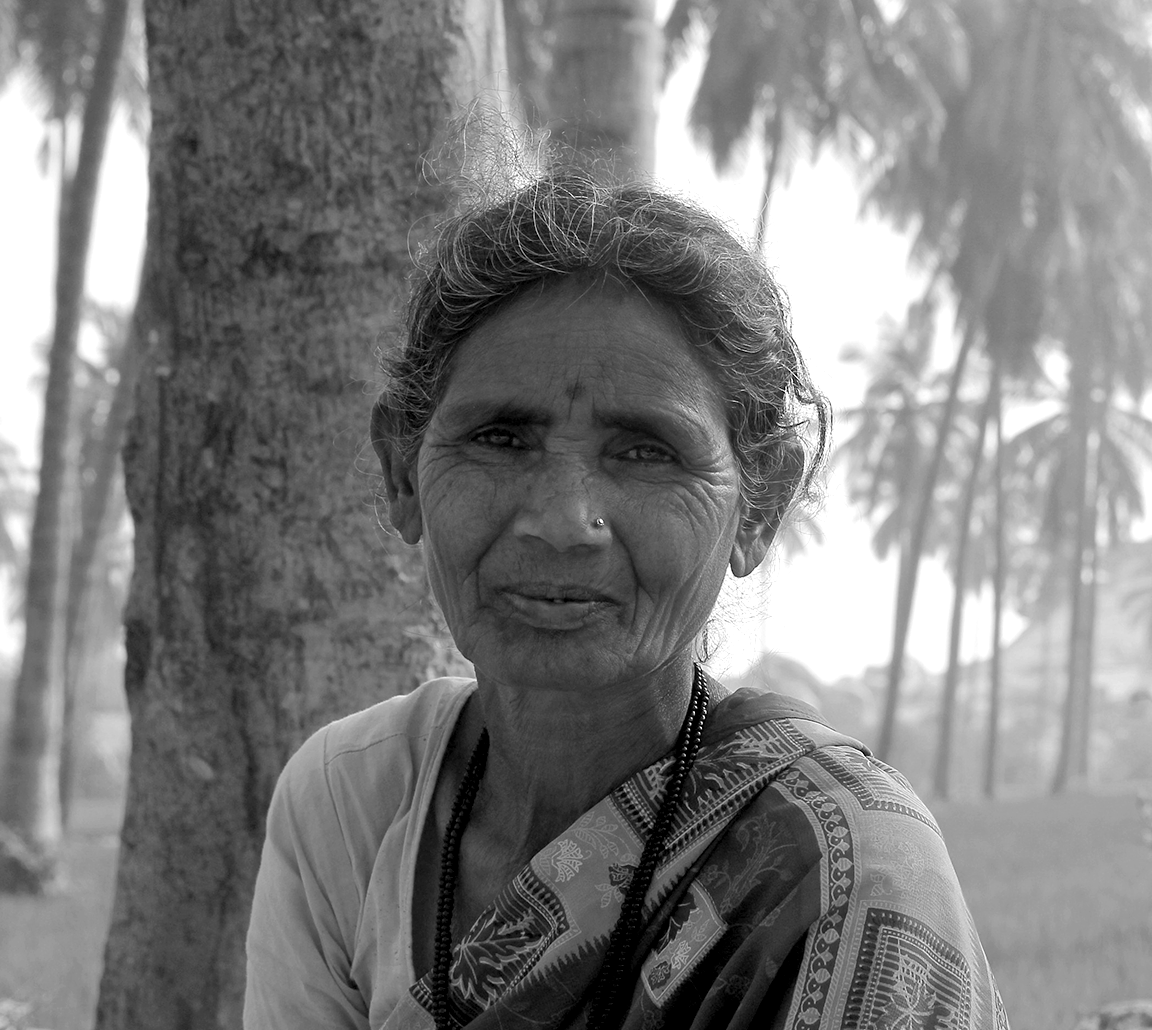
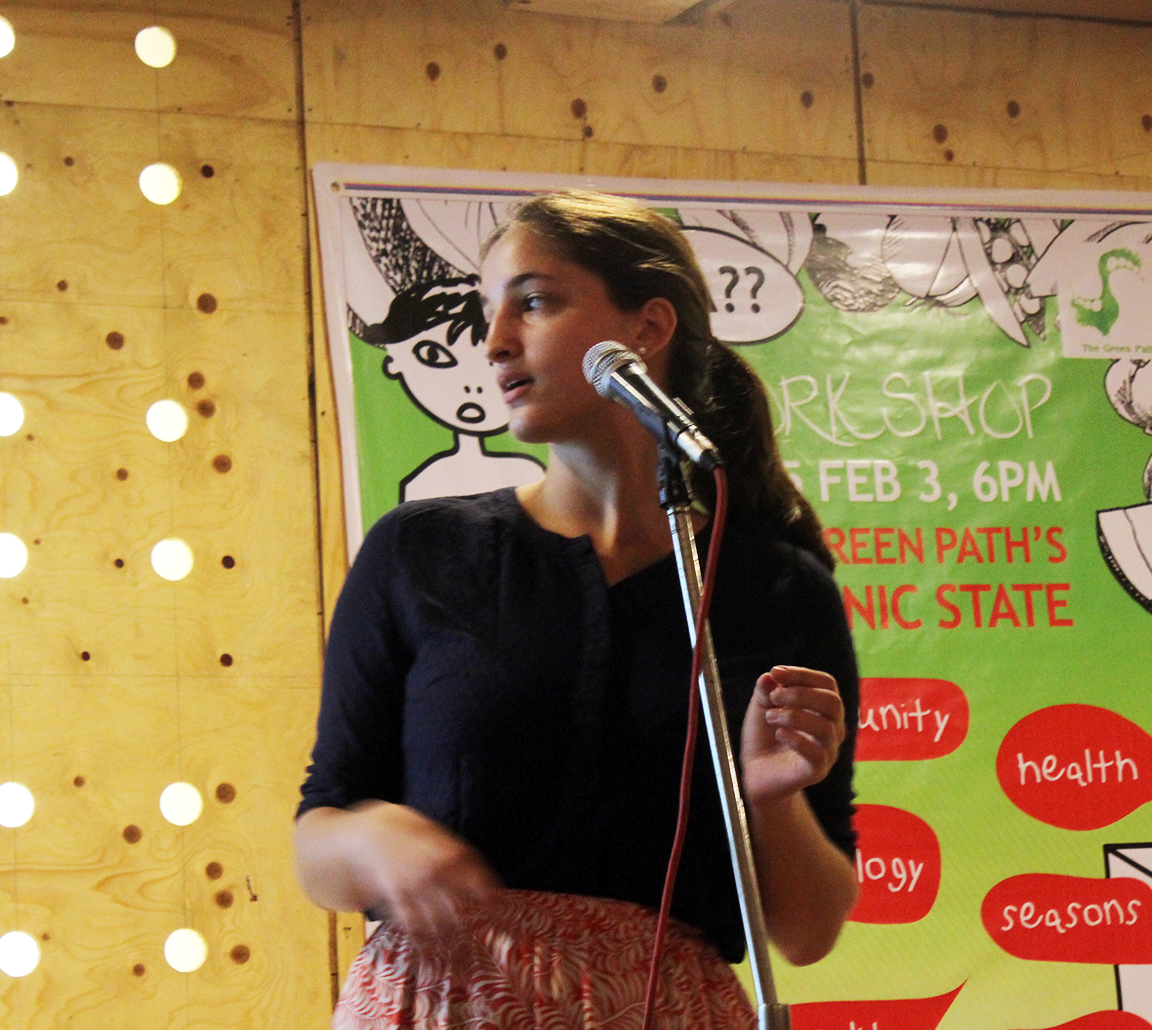
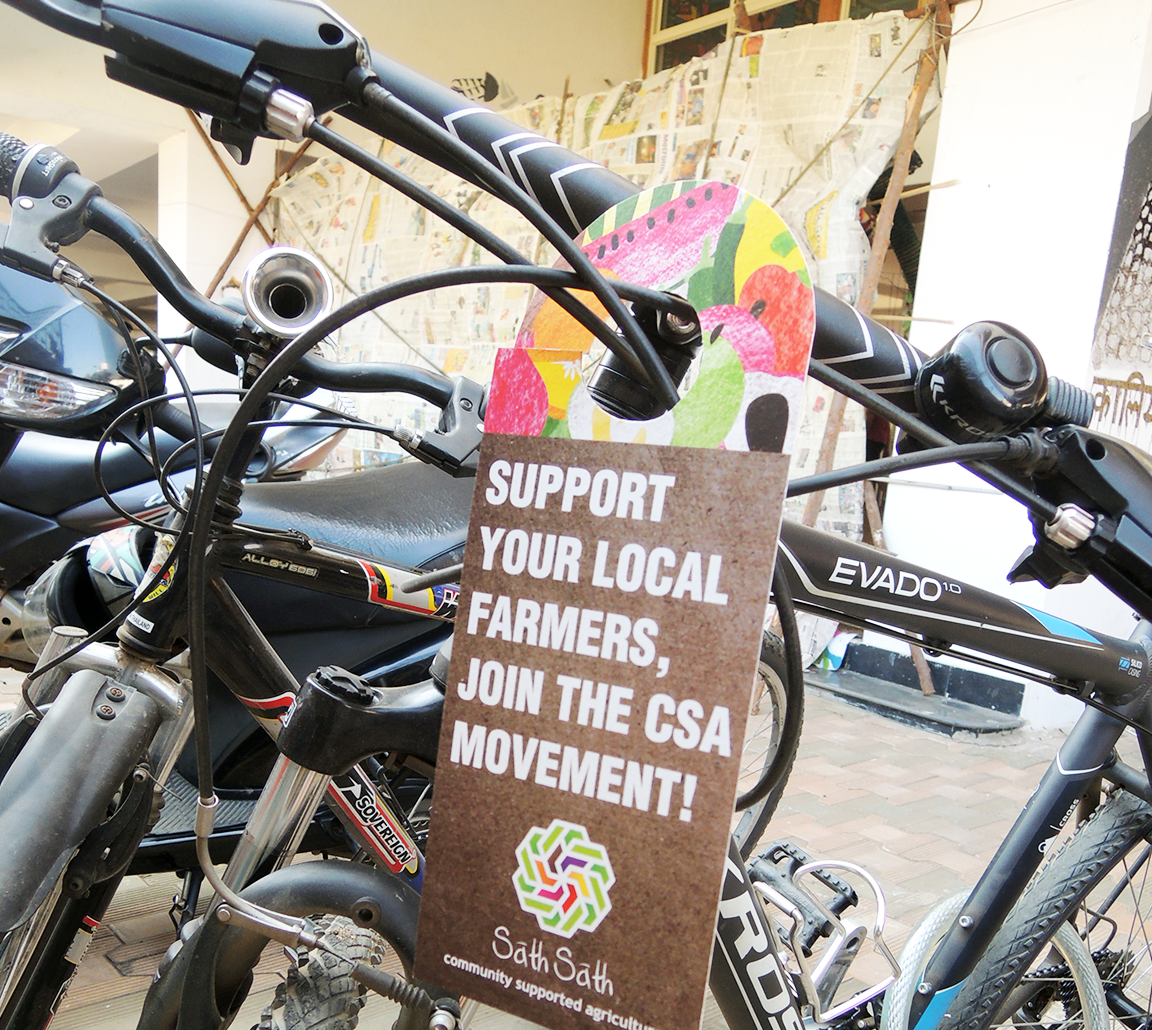
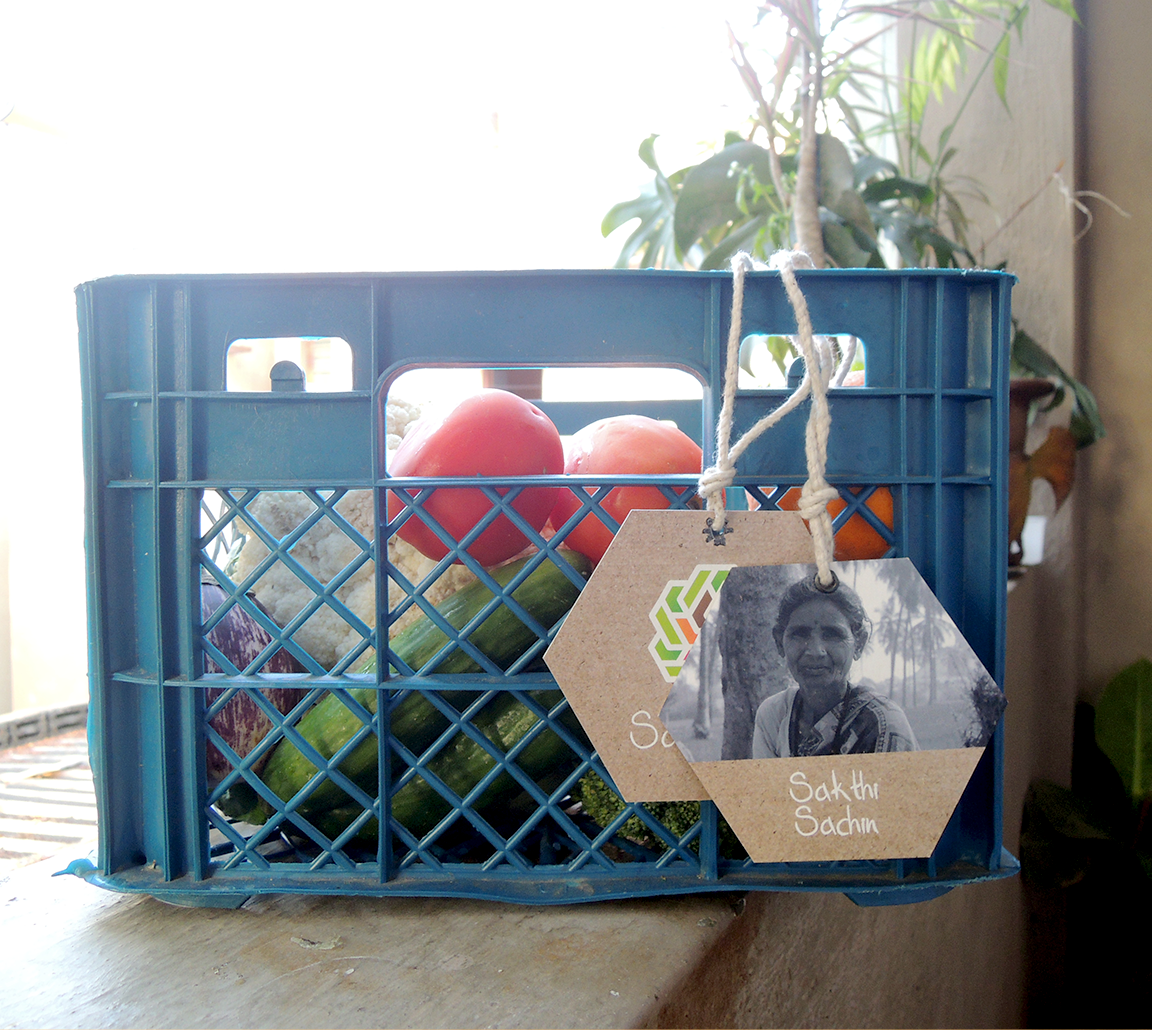


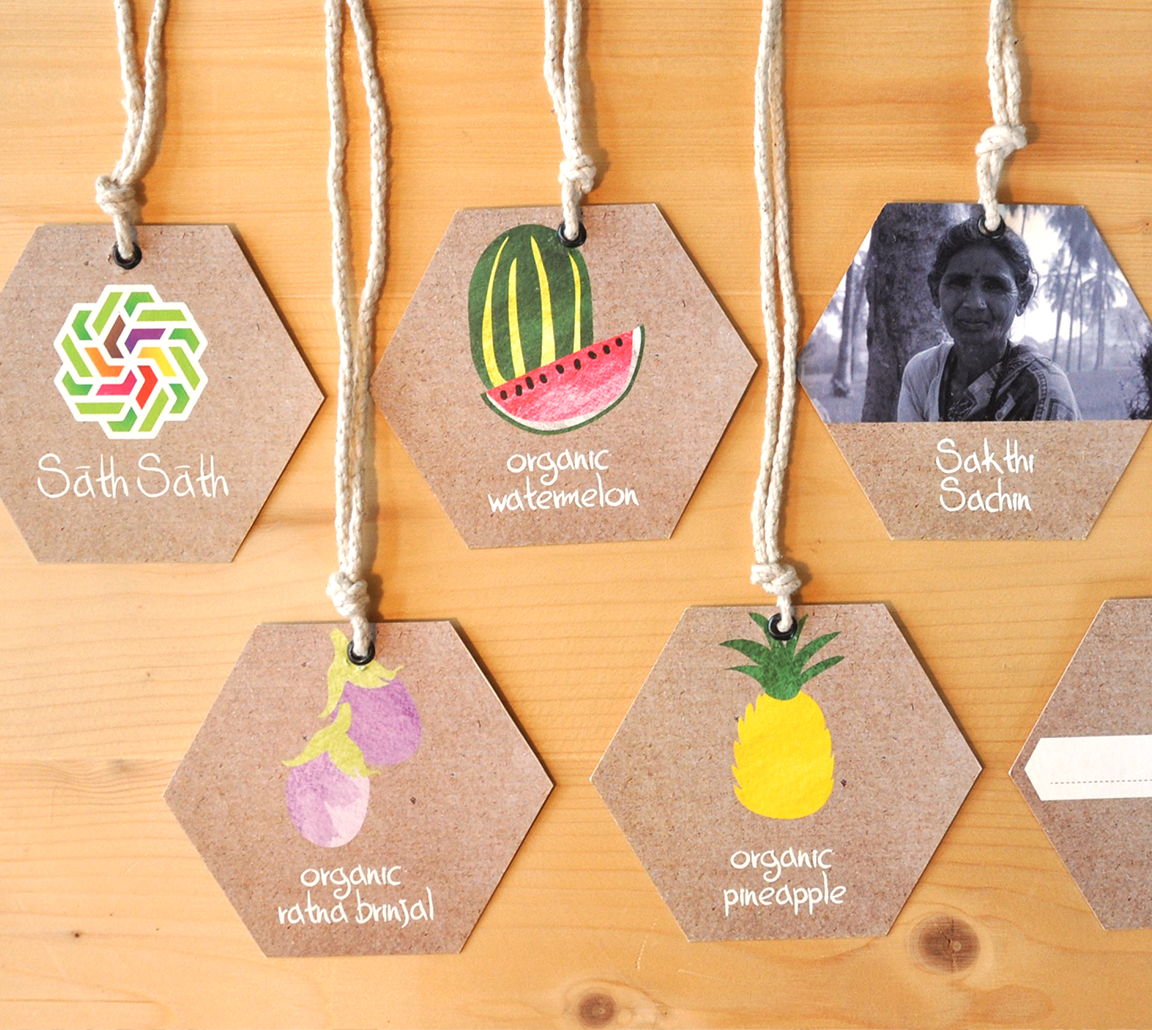

Reading Learning Cards & App

Go with the flow, Morty!

Identity and Product Design
for BP Presentation

e-Commerce UX Booking Flow

Identity & Packaging for herbal tea

Iconography for a major French retailer e-learning platform
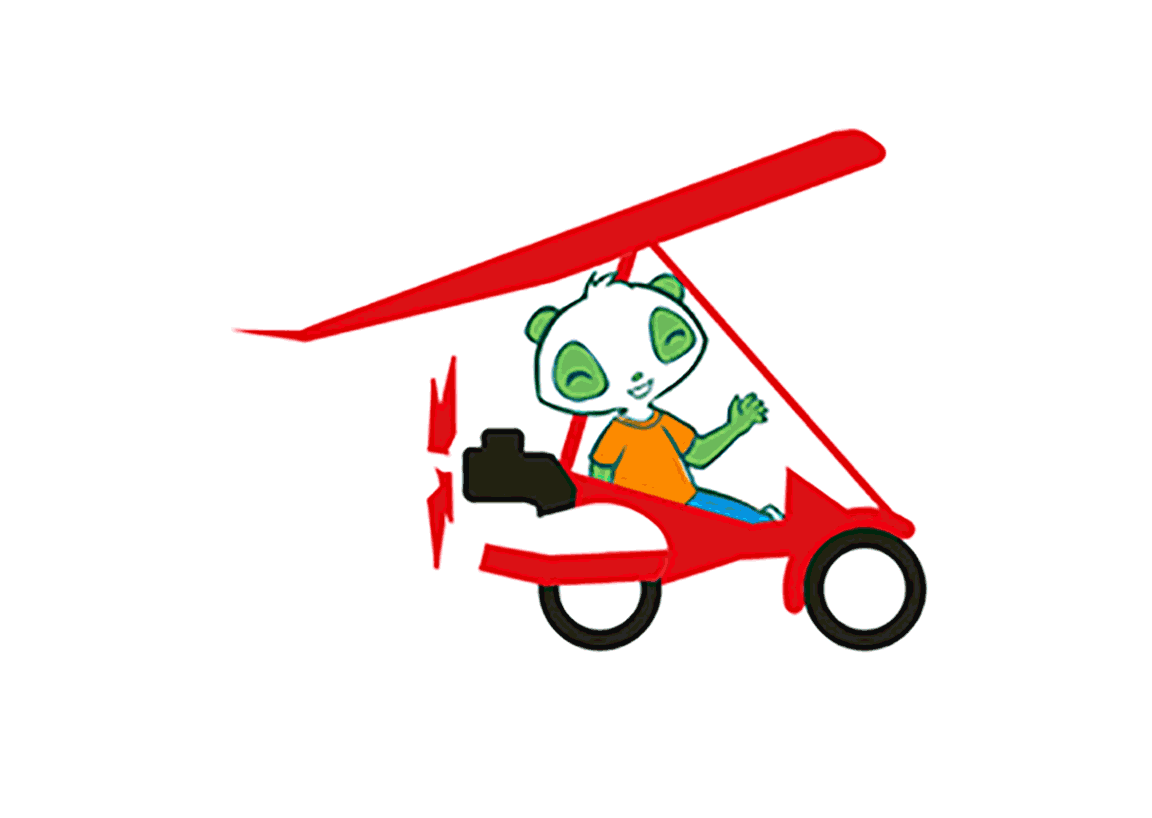
Kids App Design